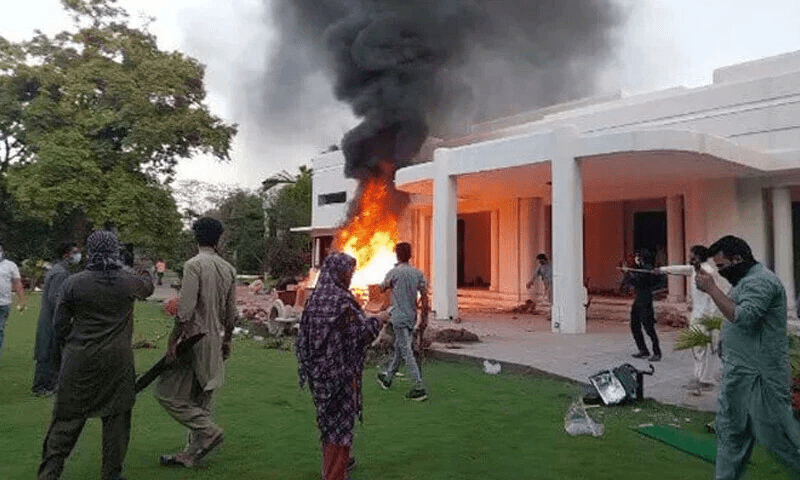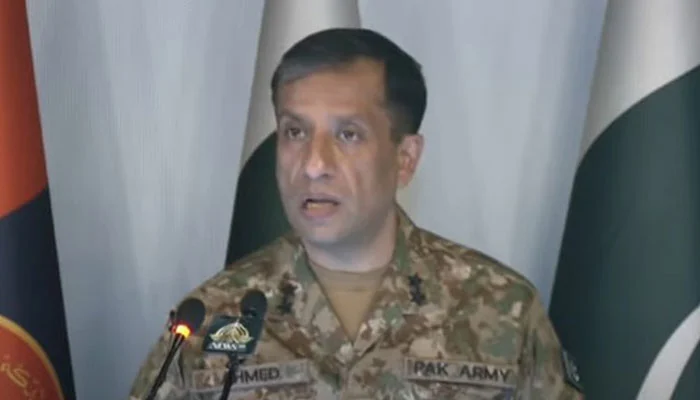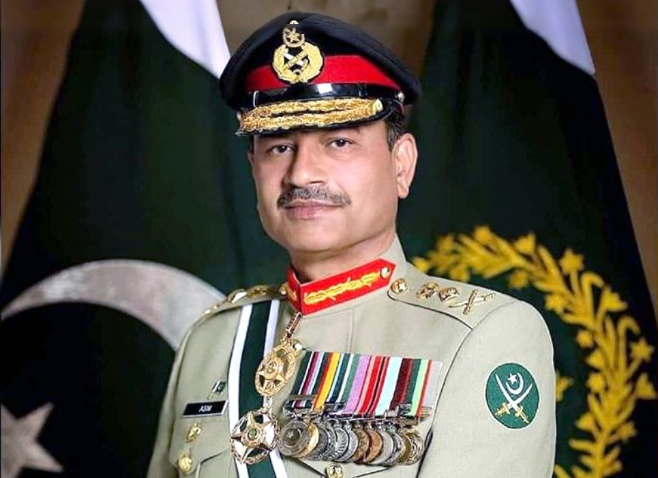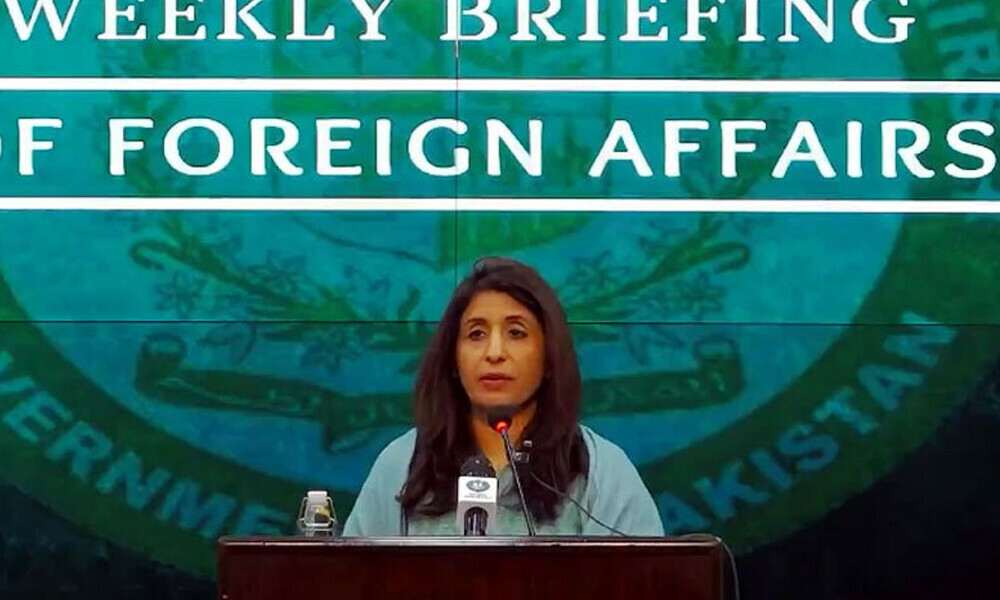PTBP Web Desk
The Military Courts have convicted 25 individuals linked to the violent incidents of May 9, awarding them prison sentences of up to 10 years. According to the Inter-Services Public Relations (ISPR), the convictions followed a thorough examination of evidence and completion of the appropriate legal process. The ISPR announced the verdicts on Saturday, emphasizing the due diligence and procedural fairness exercised throughout the trials.
The Supreme Court’s Constitutional Bench had earlier conditionally permitted military courts to proceed with trials in 85 cases related to the May 9 violence. These trials are significant as they address acts of aggression against military installations and personnel, underscoring the gravity of the offenses. The military courts’ involvement reflects the critical need for swift and impartial justice in cases impacting national security.
The May 9 violence erupted following the arrest of a prominent political leader, resulting in widespread protests and attacks on military and public properties. The unrest led to extensive damage, disrupting public order and raising concerns about the rule of law. In response, the government transferred specific cases involving attacks on military assets to military courts, citing the severity of the offenses.
The ISPR clarified that the legal proceedings adhered to all constitutional provisions and ensured the suspects’ fundamental rights were respected. Evidence was meticulously reviewed, and the accused were given ample opportunity to defend themselves during the trials. This procedural transparency aligns with Pakistan’s commitment to uphold justice and maintain the rule of law.
The convicted individuals received varying prison terms, with sentences extending up to 10 years. These verdicts aim to set a precedent against actions that undermine national security and disrupt societal harmony. The ISPR’s statement highlighted that the convictions were not just punitive but also intended to deter similar acts in the future.
The use of military courts for civilian cases has sparked debate among legal experts and human rights activists. Critics argue that military courts operate under a different framework than civilian courts, raising concerns about transparency and fairness. However, proponents assert that such courts are essential in exceptional circumstances where national security is at stake.
The government has defended its decision to refer these cases to military courts, emphasizing the extraordinary nature of the offenses and the need for swift justice. Officials have reiterated their commitment to ensuring that all legal actions remain within the boundaries of the Constitution and international human rights standards.
The convictions have elicited mixed reactions from the public and political circles. Supporters view the sentences as a necessary step to restore law and order, while critics continue to question the role of military courts in civilian matters. The debate underscores the ongoing tension between ensuring security and preserving civil liberties in Pakistan.
The successful conclusion of these trials signals the state’s resolve to address acts of violence decisively. It also sets a legal precedent for handling similar incidents, particularly those involving attacks on critical state institutions. However, the debate over the jurisdiction of military courts in civilian cases is likely to persist.
Globally, the use of military courts for civilian trials is often scrutinized. Organizations like Amnesty International and Human Rights Watch have previously expressed concerns about the lack of transparency in such proceedings. Pakistan’s government has assured the international community that the trials adhered to legal and constitutional norms.




